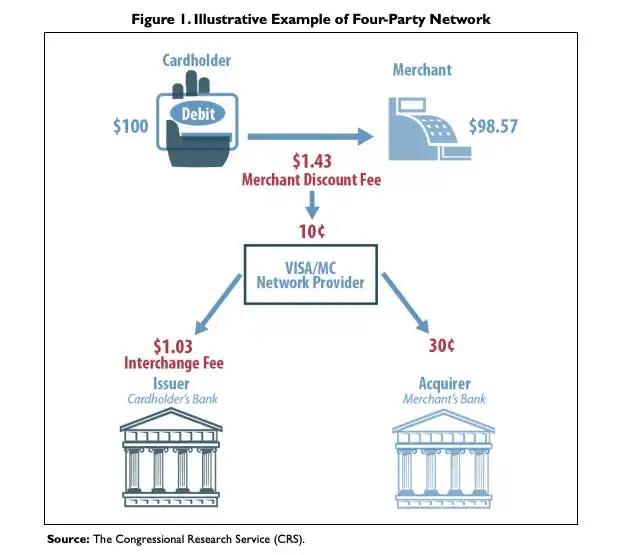I have a coriander/cilantro plant that is a nuisance to prop up. It’s potted in dirt, so I guess a bottle would be hard to transplant into. I guess i would need a bottle cutter to cut the bottom-most part off.
activistPnk
Antiwork means the revolutionary abolition of the world of work and all that entails: a waged-labor
BBC World News recently covered a trend of employees quitting the conventional style of work. These workers reject the culture of breaking one’s back bending over backwards to satisfy their boss’s every wish. The concept is for workers to put their own well-being above the corporate bottom line, which generally means forgoing¹ promotions, raises and advancement in the company because it’s just not worth it. To own the work, and work at a comfortable pace and comfortable fashion.
I don’t recall what term they used for this trendy new view, but “antiwork” could be taken to be a more general concept that covers the extremes of complete abolition of work as well as the less extreme concept of simply rejecting unwanted excessive overwork. Before reading your post I would have assumed “antiwork” would include “antiworkmyassoff”.
¹ by “forgoing” I don’t mean rejecting offers, but just accepting that promotions and significant raises won’t typically be offered.

fwiw, here is an emacs version:
https://codeberg.org/martianh/lem.el#headline-11
I think what would be most useful would be a usenet→lemmy gateway, so that rich catalog of usenet clients can be leveraged on Lemmy.